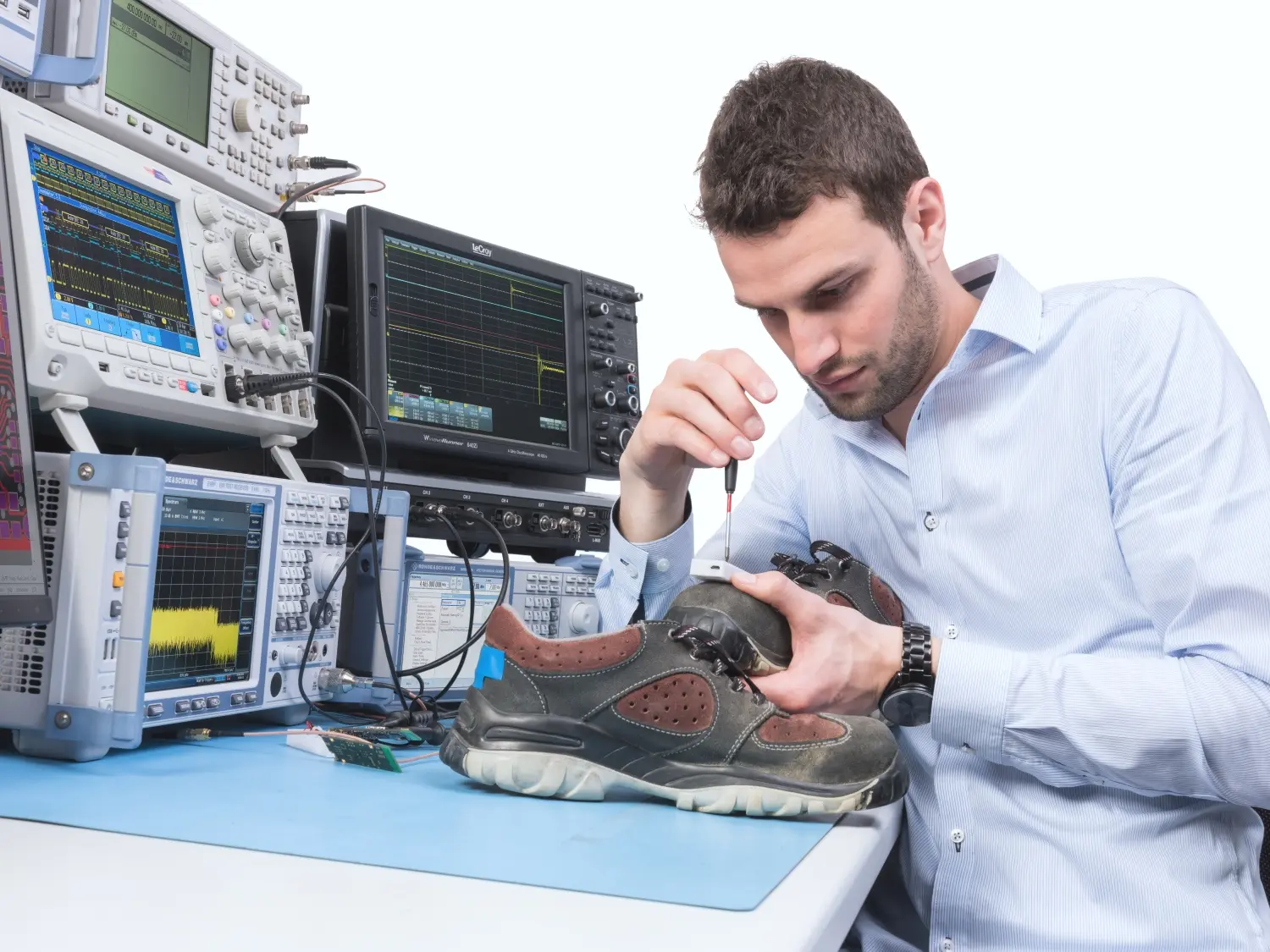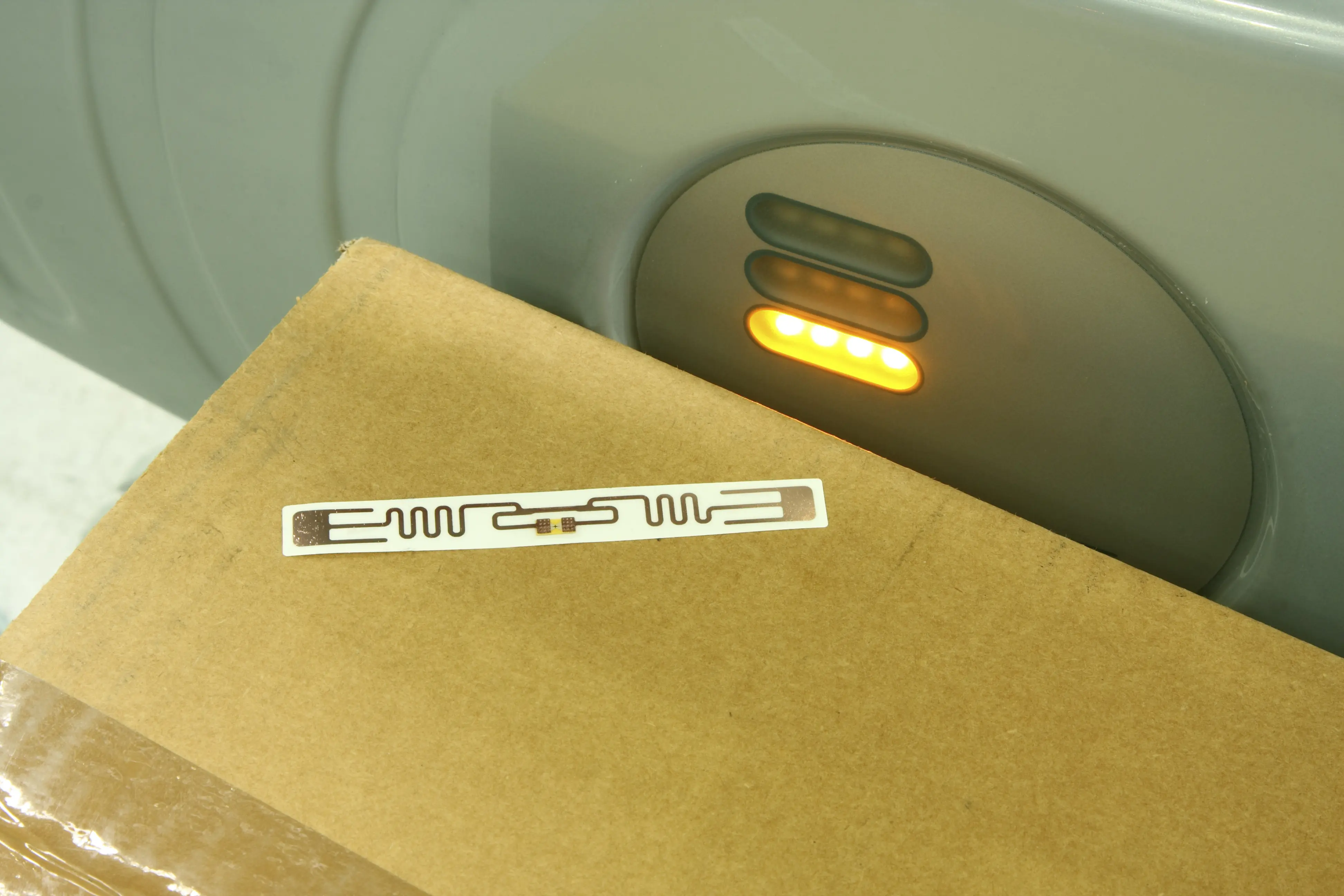MSc degree programme at the Institute of Signal Processing and Wireless Communications (ISC)
The Institute of Signal Processing and Wireless Communications offers MSc degree programmes in the profiles: "Electrical Engineering", "Computer Science", "Photonics and Laser Engineering", "Data Science", and "Medical Engineering".
Electrical Engineering
ln the Electrical Engineering MSE profile at the ISC, students develop a fundamental understanding of Electronic and Radio Frequency Technology, Digital Signal Processing and/or Wireless Communications.
- Electronics and Radio Frequency Technology primarily looks at the circuit design of adequate low-noise and low-power hardware for analogue signal processing up to the highest frequencies, for example in a sensor or RF front-end.
- Digital Signal Processing involves the processing of radio, measurement, sensor, geo, bio, voice, audio and image signals using robust and efficient algorithms, in hardware (FPGA/CPLD), with firmware (µC/DSP) or with software (GPU/PC).
- Wireless Communications addresses physical data transmission in different systems, for example RFID, short-range radio (Bluetooth, Wi-Fi), long-range communication (LoRa, PMR, avionics), broadcast and mobile communication (DAB, DVB-T, 4G-5G) and positioning ranging (GPS/Galileo, indoor RTLS, millimetre wave radar).
Further information on the MSE in Electrical Engineering
Computer Science
In the Computer Science profile, students gain competences in the conception, development and implementation of innovative ICT systems. The focus areas of this practical specialisation at the ISC comprise applications and projects in the fields of digital signal and image processing, including data fusion and machine learning, and wireless communication, including information theory and wireless systems (e.g. for IoT). This allows students to help shape the technical basis for increasingly digitised information and knowledge processing.
Photonics and Laser Engineering
In the "Photonics and Laser Engineering" profile at the ISC, students also work with the IAMP as they acquire a fundamental understanding of issues at the interface between optics, electronics and digital signal processing. Design, metrological validation and the application of optoelectronic components (LEDs, OLEDs, lasers, photodiodes), as well as optical measuring and imaging procedures and their digital evaluation methods, form the core of the specialised practical training at the ISC.
Further information on the MSE in Photonics and Laser Engineering
Data Science
At the ISC you can build and expand your skills in data processing with Deep & Machine Learning. This typically happens in connection with multidisciplinary projects with external partners, often in an “innosuisse framework”, but also in collaboration with direct orders. You will deepen your in-depth knowledge of data analysis, engineering and statistical signal processing theoretically and practically in project work as part of the MSE lectures.
Medical Engineering
In the MSE profile “Medial Engineering” you will develop skills at the interface between engineering and health sciences at the ISC. This interdisciplinary field of work combines aspects from electrical engineering, computer science, mechanical engineering, biology and medicine. The ISC has many years of experience in teaching as well as research and development in the field of medical technology (see, for example, the METE1 module, the “Medical Systems” platform, the “Digital Health Lab Day”), research and industrial projects in the areas of hearing acoustics and imaging processes, etc.). With us you will receive in-depth theoretical and practical training as part of the MSE in “Medical Engineering”.
Module
In the module browser, you can find the central modules (context modules [CMs], extended fundamental theoretical principles [FTPs] and technical scientific specialisation modules [TSMs]).
Examples of completed MSc theses at the ISC
Development of an algorithm for gait analysis (Christof Rutishauser)

The computer-assisted recording of human movements, such as steps, is connected with many challenges. In order to improve a measuring method that has been rather inaccurate until now, an algorithm for gait analysis was developed at the Institute of Signal Processing and Wireless Communications. It is now possible to measure steps using acceleration and rotation-rate sensors.
Implementation of RFID readers for fairly long distances

RFID chips are widespread. Their use becomes problematic if the spatial distance between the reader and the information carrier is more than a few metres. Since more energy is then required for the reading, interference is caused by crosstalk from the transmission signal to the receiver. Within the framework of this MSc thesis, this problem was investigated in more detail and solved in a practical manner.
Further selected (non-confidential) ISC MSc theses
Mathematics prize for Philip Schmid's MSc zhesis at ISC in 2019